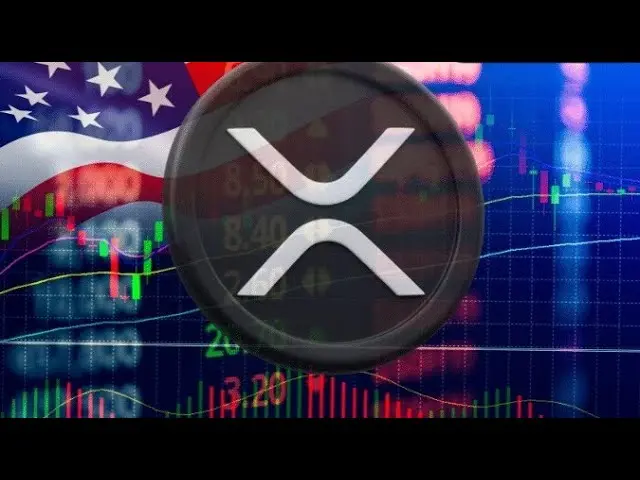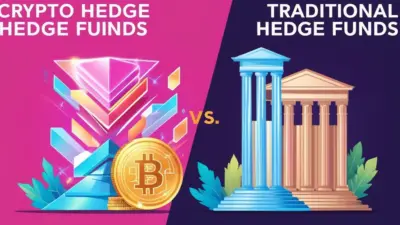A BTC analyst has criticized Ripple CEO Brad Garlinghouse for gaslighting the XRP Reserve debate and explained why it is not fit for the US Reserve.
In the most recent issue of XRP News, Brad Garlinghouse, the CEO of Ripple, has expressed his opinions on the potential impact of “Maximalism” on the broader crypto market. Nevertheless, a prominent Bitcoin analyst has ignited a conversation with his most recent comment on Garlinghouse’s post. The analyst accused the CEO of confusing the US XRP market and disclosed why the US National Reserve did not accept the blockchain company’s native cryptocurrency.
XRP News: Brad Garlinghouse, CEO of Ripple, Encourages Crypto Collaboration
Ripple CEO Brad Garlinghouse recently expressed his apprehensions regarding “crypto maximalism,” which he believes impedes industry expansion, in the most recent XRP news. He emphasized that the crypto industry has immense potential if its participants prioritize collaboration over competition.
Garlinghouse considered “Maximalism” an antiquated concept and encouraged the industry to adopt a multichain future. Ripple’s CEO declared that he possesses XRP, BTC, ETH, and other cryptocurrencies, emphasizing the significance of a level playing field for all tokens.
The CEO also emphasized that a government-backed digital asset reserve should reflect the entire crypto ecosystem rather than favoring a singular token such as Bitcoin or XRP. He declared:
“If a govt digital asset reserve is created – I believe it should be representative of the industry, not just one token (whether it be BTC, XRP, or anything else).”
The Role of XRP in Global Finance: Top BTC Analyst Questions
A renowned Bitcoin analyst, Willy Woo, disagreed with Garlinghouse’s vision, identifying a critical weakness in Ripple’s methodology. Woo asserted that XRP is inadequate for a strategic reserve, particularly in the United States.
The BTC analyst inquired, “Which countries would trust XRP, which is under US control, in a strategic reserve?” He compared XRP to Bitcoin, describing BTC as a geopolitically neutral asset comparable to gold. Woo maintains that Bitcoin’s decentralized nature guarantees its sustainability in global reserves, a characteristic that XRP does not possess.
In addition, Woo accused Garlinghouse of “gaslighting” by promoting XRP as a strategic asset while disregarding its reliance on US supervision. His statements reignited the debate regarding whether XRP could ever be recognized as a global reserve currency.
Amidst the Bitcoin vs. Ripple War, the price of XRP remains unchanged
Today, the price of XRP was approximately $3.11, and its one-day trading volume decreased by 43% to $8 billion. It is important to note that the recent decline has occurred in the context of increasing tensions between the XRP community and Bitcoin maxis—the Bitcoin Vs. Ripple war has acquired significant momentum in the past few days, with many regarding it as a potential threat to the broader market sentiment.
However, Ripple has also been on investors’ minds recently due to its recent developments. To provide context, Ripple has recently been granted Money Transmitter Licenses in Texas and New York, which indicates the increasing pro-crypto sentiment in the United States during the Trump administration.
However, several experts speculate that XRP will be incorporated into the US National Reserve, particularly in light of Donald Trump’s recent suggestion to establish a crypto reserve. Conversely, BTC maxis have expressed reservations, particularly regarding XRP, solely advocating for the US Bitcoin Strategic Reserve.



